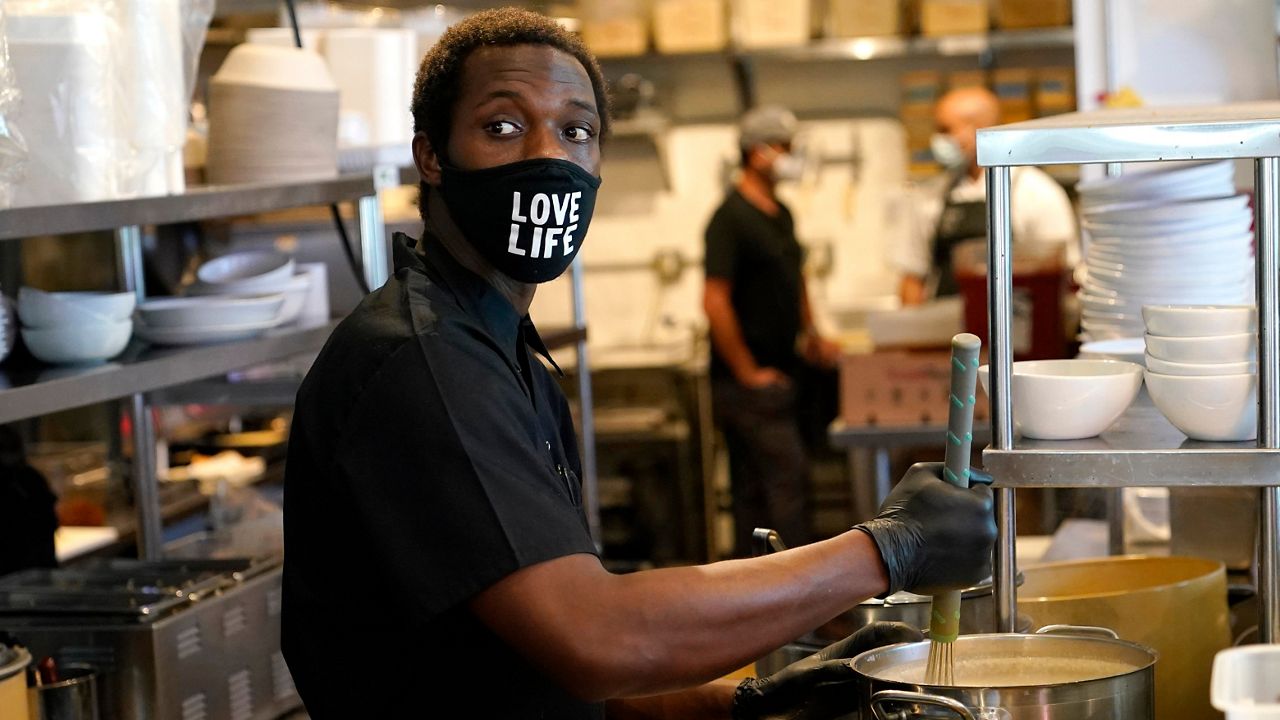For supporters of increasing New York's minimum wage, the effect will be more money for working class people and not be detrimental to the state's job growth.
For business interests in opposition, an increase in the wage could cost the state more than 100,000 jobs over the next decade.
Those were the dueling studies released this week by both sides in the ongoing debate over increasing New York's minimum wage. The current floor is set at $15 in New York City and the surrounding area and $14.20 in counties north of Westchester.
Advocates are calling for a measure backed by state Sen. Jessica Ramos and Assemblywoman Latoya Joyner that would increase the wage to $21.25 by 2027 in New York and then link it to inflation. Gov. Kathy Hochul has proposed indexing future wage increases to inflation, but she has not called for a specific target.
Supporters say the wage hike would lead to raises for at least 2.9 million New Yorkers and give them an average yearly raise of $3,300 amid ongoing inflationary price increases. At the same time, supporters pointed to studies that concluded the last wage increase in 2016 did not affect job growth in New York.
"About 7-8 years ago I used to work at McDonald's and get paid minimum wage, which was not at all enough to make ends meet," said Diana Lopez, a Ulster County community organizer and part of an organization backing the wage hike. "Now, minimum wage workers get paid $14.20 upstate - which is certainly not enough to live on, given rising costs of living! The people we organize have told us over and over: rents have doubled, food is more expensive, utility bills are enormous. Folks have to be working 2 to 3 jobs to provide the basics for their families."
But the National Federation of Independent Business own study came to a different conclusion: A wage increase of that size would cost the state about 128,000 jobs over the next 10 years, roughly 1% of the state's employment.
A majority of those jobs, 65%, would be at small businesses and cost the state billions of dollars in economic growth, the group said.
“As always, the negative impact of these one-size-fits-all, extreme wage hike bills would fall disproportionately on small employers, who are less likely to have the cash reserves or profit margins to plan for and absorb the aggressive increase in labor costs than larger corporate employers,” said NFIB State Director Ashley Ranslow. “New York’s small businesses are dealing with a crisis of financial hardships, all after a pandemic and state-mandated restrictions and lockdowns. Inflation, labor shortages, supply chain disruptions, high fuel prices, spiking utility rates, and crushing UI tax rates imposed by state government are dragging down Main Streets across the New York."
Hochul included her own minimum wage plan in the state budget, which is expected to pass by April 1.




